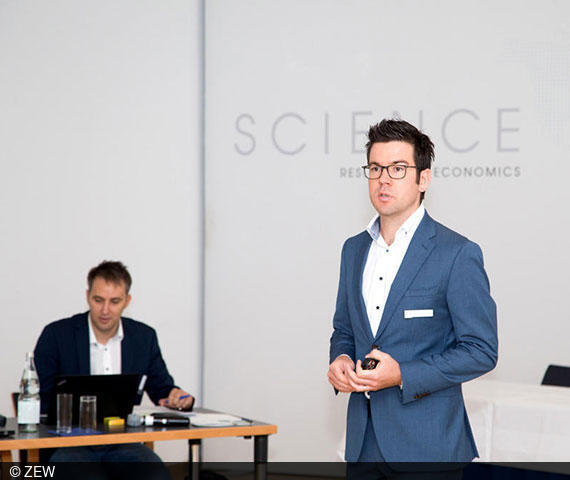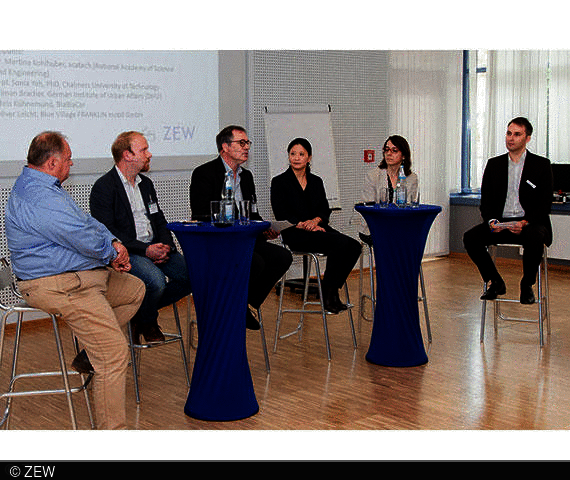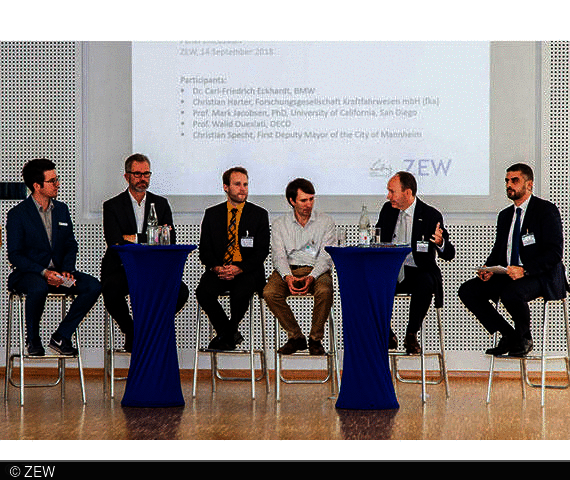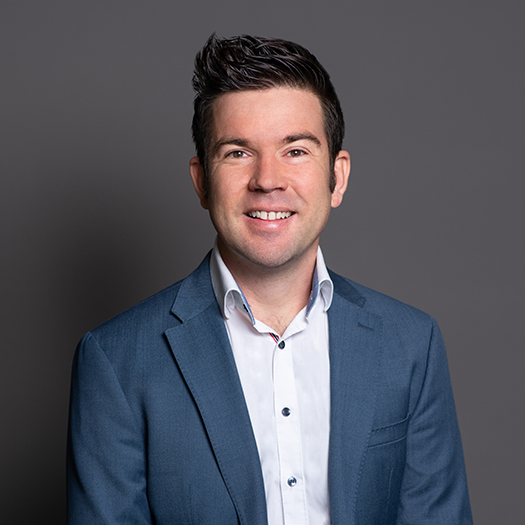ZEW Workshop on the Challenges and Opportunities for Low Carbon Mobility
WorkshopAlongside new technologies such as electric mobility and services such as ride-sharing or carpooling, targeted policy instruments such as road pricing schemes need to be developed further in order to reduce emissions in the transport sector. This is a key result of the ZEW workshop which took place on 13–14 September 2018 in Mannheim and featured 35 experts from the realms of academia, politics and business practice. At the same time the workshop marked the conclusion of the research project “Carbon-Neutral Courier Services” (CO2URIER) funded by the Federal Ministry of Education and Research.
The transport sector is one of the very few sectors in Germany in which carbon emissions are still rising, and local pollutant emissions have not yet been reduced to the desired levels. In addition to pollution, the transportation of people and goods causes a number of other externalities, such as noise, accidents and congestion. New technologies such as electric and self-driving vehicles might contribute to a transition from high-carbon, high-impact to low-carbon, low-impact mobility, but they also bring about a number of challenges. For example, autonomous vehicles might significantly increase the number of miles driven. In a world with a growing demand for mobility, it will be of utmost importance to reduce these externalities through the use of appropriate policy instruments and to develop a long-term strategy for the mobility sector with the help of subject matter experts. The participants of the workshop discussed current issues such as the promotion of electric mobility, traffic management in city centres, the growing demand for courier services, necessary measures to improve air quality and the influence of the sharing economy. The conference programme featured representatives of various organisations, companies and cities as well as numerous researchers from France, the Netherlands, Austria, Sweden and the USA. In his welcome address, Dr. Martin Kesternich, deputy head of the ZEW Research Department “Environmental and Resource Economics, Environmental Management”, provided an overview of current ZEW research on transport and mobility. In his presentation on the demand for voluntary carbon offsets he drew on results obtained from field experiments within the framework of the CO2URIER project in cooperation with a Polish courier service provider.
Ways to reduce CO2 emissions and air pollutants
The first keynote speech was held by Professor Erik Verhoef of the VU Amsterdam, who presented a lab experiment testing a software-based certificate trading system for driving permits on certain roads in the Netherlands similar to the European CO2 emissions trading scheme. It turned out that such a system had the hoped-for effect of smoothing traffic flows throughout the day and was met with understanding and acceptance by participants. Professor Mark Jacobsen of the University of California, San Diego, delivered the second keynote speech, in which he considered the effectiveness and efficiency of air pollution standards for new vehicles in the USA. He explained that local pollutant emissions of cars in the United States have fallen by 99 percent since 1967. At the same time, however, he warned that the older a vehicle gets the harder it is for it to meet the applicable standards, which would justify the scrapping of older cars. In the third keynote, Professor Antonio Bento of the University of Southern California, Los Angeles, showed that the willingness to pay for using express lanes on US highways is particularly high when it is of great importance to arrive at the destination in time, for example at the airport. In such cases, motorists are prepared to pay high prices to avoid traffic jams, even if they only save a few minutes.
Implementing policy instruments to complement new technologies and services
Professor Wambach, president of ZEW and acting head of the “Environmental and Resource Economics, Environmental Management” Research Department, opened the second day of the workshop with a welcome address on the state of electric mobility in Germany. He pointed out that German car manufacturers performed better in sales of electric cars in almost all countries than in sales of vehicles with combustion engines. Professor Antonio Bento argued not only for relying on new technologies such as electric mobility or new services such as ridesharing or carpooling, but also for further developing targeted policy instruments such as road pricing. These ideas are closely related to the CO2URIER project, which aims to show concrete ways to improve sustainability in the area of parcel services. Stefan Baumeister from myclimate Germany, Tomasz Gac from Quriers in Poland, ZEW economist Dr. Martin Kesternich and Maksymilian Kochanski from RIC Pro-Akademia Poland presented the results of the project, which, in cooperation with German and Polish companies, has developed environmentally friendly service solutions that can provide the growing sector with important impetus when it comes to developing low-emission products.
Urban mobility concepts for the future under discussion
The event was complemented by two panel discussions, the first of which was moderated by ZEW environmental economist Dr. Wolfgang Habla. The panel featured Professor Sonia Yeh from the Chalmers University of Technology in Sweden, Dr. Martina Kohlhuber from the German National Platform for Electric Mobility, Tilman Bracher from the German Institute of Urban Affairs, Chris Kühnemund from BlaBlaCar and Oliver Leicht, managing director of Blue Village Franklin Mobil, who discussed “revolutions in the transport sector” such as car-sharing, ride-sharing as well as electric and self-driving cars. The discussants concluded that these revolutions would only lead to a reduction in traffic volume if people fundamentally changed their mobility behaviour. Whether or not financial incentives would be an appropriate means to achieve this, however, was a controversial question in the debate. In order to reduce traffic volume, it is of key importance to turn public transport into the backbone of future mobility. In the concluding panel discussion on policy measures for urban mobility, Dr. Martin Kesternich posed controversial questions to the panel, which consisted of the First Deputy Mayor of the City of Mannheim, Christian Specht, Professor Mark Jacobsen, Professor Walid Oueslati of the OECD, Dr. Carl-Friedrich Eckhardt of BMW and Christian Harter of engineering service provider fka (Forschungsgesellschaft Kraftfahrwesen). In particular, it was pointed out that the legal responsibilities in the field of transport are located at many different levels, making it difficult to initiate and coordinate traffic projects spanning all these levels. In addition, the participants argued for a more efficient use of parking fees in cities and municipalities to solve traffic problems.



